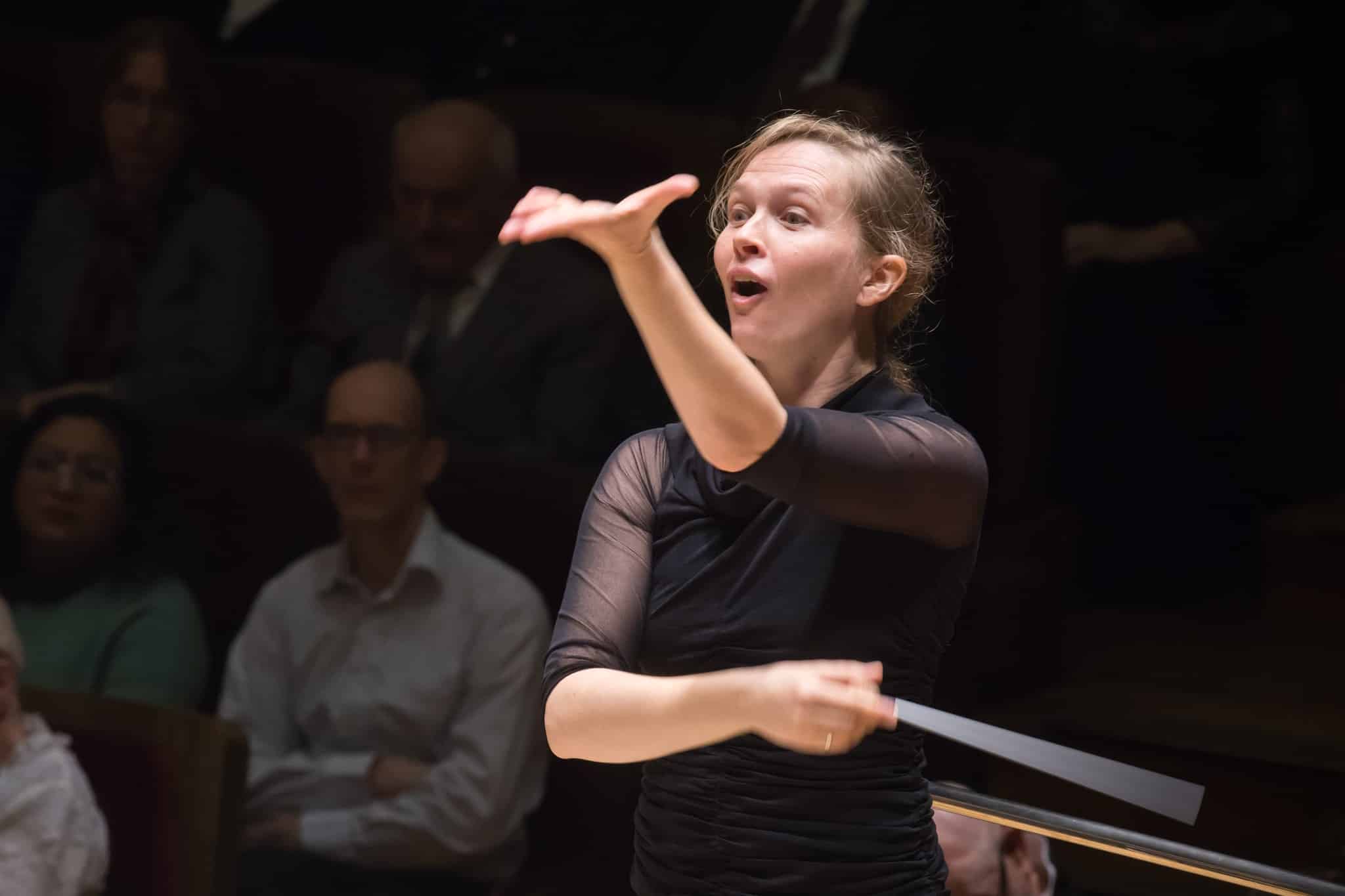Why London’s music has gone flat
mainIn my monthly essay in Standpoint magazine, I examine the loss of verve and vitality in the London classical concerts scene.

This is a piece I hoped never to write and each word is wrung from me with regret. But recent chats with regular concertgoers have confirmed the growling in my gut that some life force has vanished from London’s music in the past couple of years. The causes are diverse. A former orchestra manager sees the decline as a “symptom of a deeper disorder: arts are no longer currency and therefore without constituency in the media”. He’s right. Apart from The Times, newspapers scarcely review classical concerts any more in print.
A surviving newspaper critic blames the subsidy-guzzling South Bank for relegating symphony concerts to a peripheral attraction, swamped on its website by pop events and on its forecourt by the stench of chain restaurants. This, too, is lamentably true.
But the sources of decline run deeper and broader than mere presentation.
Read on here.





Comments